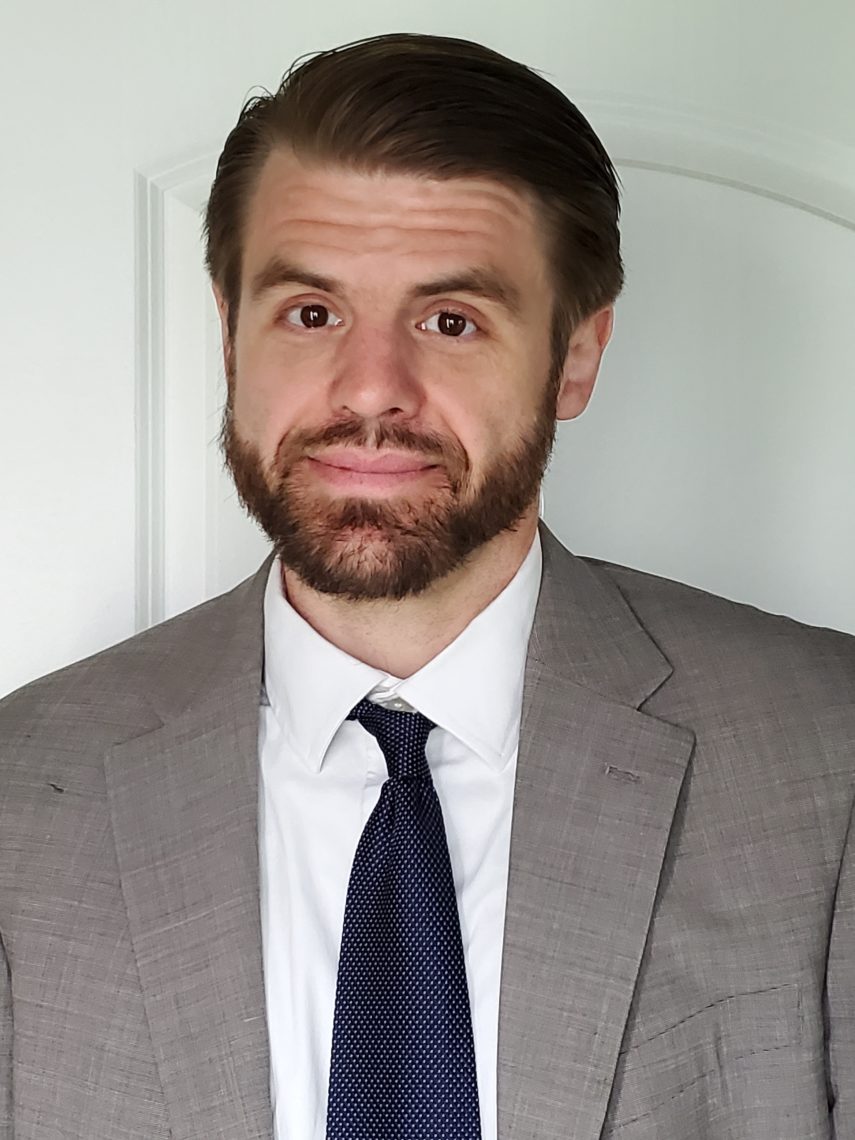Congratulations to this year’s Trustee Professor at USM – Associate Professor Dr. Brendan McQuade

Perhaps you’ve seen the shoplifting stories? Examples abound in local and national news media. They tell a dramatic story. Thieves smash and grab at luxury stores or clear the shelves at pharmacies or supermarkets. Then, they resell the goods on secondary markets. Sometimes, they sell the pilfered goods on Amazon and other online marketplaces. Other times, they hawk their haul to the local corner store, pawnshop, second hand dealer, or even a “fence,” someone who buys and resells stolen merchandise. Corporate retailers insist this is a major problem. It is “organized retail theft,” not mere shoplifting. The 2022 Retail Security Survey conducted by the National Retail Federation and Loss Prevention Research Council finds that external theft—shoplifting and organized retail crime—are responsible for the largest portion of “inventory shrink,” some $35 billion of stolen goods.The retail industry is at war with “organized retail crime.” Major retailers—CVS, Rite Aid, Walgreens, and Walmart, among others— claim that these catastrophic losses are leading to store closures. In response, the National Retail Federation, the Chamber of Commerce and their state-level analogs are lobbying state and federal government to increase penalties for shoplifting and invest more resources into combating it. In the meantime, corporate retail also runs its own police intelligence networks, 28 regional “organized crime alliances” or ORCAs to share information about shoplifters and organize in-person meetings among corporate loss prevention professionals and public law enforcement officers.
Shoplifting is not just a concern for retailers, however. This seemingly minor crime has become a major point of political contention. Two years ago, the George Floyd Rebellion gripped the nation and led to a renewed emphasis on racial justice and criminal justice reform, on the one hand, and public breakthrough of abolitionist ideas, on the other. Today, claims of surging shoplifting and “organized retail crime” are part of a growing moral panic around rising crime that is feeding a law and order backlash. Case in point: shoplifting was a flashpoint in the June 2022 election to recall Chesa Boudin, San Francisco’s “progressive district attorney” that sought to use the powers of the prosecutor to roll back mass incarceration, in part, by declining to prosecute a greater proportion of low level offenses like shoplifting. When San Francisco voters removed Boudin from office, law and order advocates called on other jurisdictions to follow and they did. In Pennsylvania, the state legislators point to rising crime, including shoplifting, as the main reason to impeach Larry Krasner, Philadelphia’s progressive district attorney. Philadelphia voters re-elected Kranser with 70 percent of the vote in November 2022, but Republicans state legislators have enough support on a straight party line vote to force an impeachment trial. One argument for impeachment is “dereliction of duty” in the form of “prosecutorial discretion.” Among other issues, the articles of impeachment cite Kranser’s refusal to prosecute “retail theft cases with a property value of less than $500.”
Why is shoplifting at the center of so many political conflicts across the US? What is the extent and scope of shoplifting and “organized retail crime” and does it warrant this level of concern? How exactly does corporate retail police shoplifting through ORCAs and with what effects? What is at stake in the debate around shoplifting? What does this all mean for ongoing efforts to reform criminal justice or even abolish the carceral state? The University of Maine system awarded University of Southern Maine Professor Brendan McQuade with the 2023-2024 Trustee Professorship to investigate these questions in a research and book project with the working title, Police and Thieves: Shoplifting, the Market, and Decommodification. This project will combine rigorous empirical research with critical social theory to reframe the entire discussion of theft around a fundamental reevaluation of property, work, and the self. Empirically, it will contextualize current debates around shoplifting, debunk the most hyperbolic claims, and, most importantly, conduct the first independent research into the private police-intelligence networks operated by corporate loss prevention specialists, so-called “organized retail crime alliances.” Theoretically, McQuade situates this research project at the overlap of the anti-security critique and abolitionist thought to, first, critique the contemporary loss prevention industry in relation to the long history of policing the market and commodity exchange and, second, to introduce decommodification as a necessary complement to abolitionist thinking and organizing. McQuade has already produced a report with Maurice BP-Weeks that outlines the main contributions of the book in brief. Interrupting Criminalization published the co authored report, Shoplifting: Corporate Copaganda, earlier this month. It is available here: https://www.interruptingcriminalization.com/resources-all/shoplifting-corporate-copaganda

